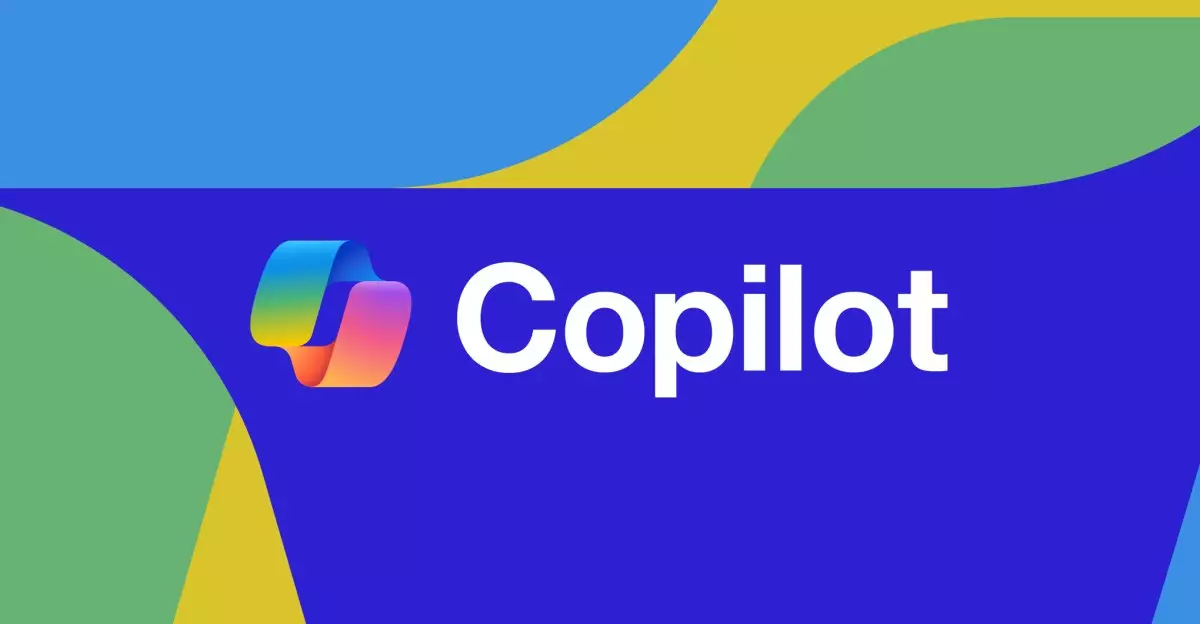In the ever-evolving digital landscape, the desire for more intuitive, responsive, and personalized technology grows increasingly paramount. Microsoft’s recent enhancements to its AI Copilot reflect this trend, showcasing a fusion of cutting-edge features designed to elevate user experience. As we mark the momentous 50th anniversary of Microsoft, the company is not merely commemorating past achievements but is also thrusting itself forward into an era where AI functions as a pivotal ally. The integration of memory, web actions, and personalized user interaction heralds a significant advancement in how AI can assist individuals and businesses alike.
Memory: A Personalized Touch
One of the standout features of the updated Copilot is its memory functionality, designed to create a highly personalized assistant experience. Unlike standard digital aids that function purely on commands, this enhancement allows Copilot to retain user-specific information, such as preferences, interests, and even important dates. This proactive engagement empowers Copilot to tailor responses and suggestions, making it feel less like a tool and more like a companion. Users have the autonomy to determine what information is retained, fostering a climate of trust and tailored interaction. However, while this personalization is a significant leap forward, it raises questions about privacy and data security. Will users be confident in the way their information is handled, or will apprehension hinder the adoption of such personalized features?
A Multifaceted Approach to Task Management
Microsoft has gone above and beyond merely enhancing user interaction; it has transformed Copilot into a versatile powerhouse capable of executing complex tasks. The introduction of the Actions feature positions Copilot to perform web-based tasks seamlessly, akin to the capabilities of OpenAI’s tools. Whether booking tickets for events or making restaurant reservations, the efficiency this technology promises is revolutionary. Furthermore, the added shopping functionalities that allow for product research and price comparisons only amplify Copilot’s utility in everyday life. Indeed, the potential for Copilot to streamline users’ workflow is remarkable, as it can deftly navigate myriad tasks that once consumed hours of manual work.
Vision and Analysis: A New Level of Interaction
The expansion of Copilot Vision marks yet another innovative stride. Its ability to interpret visual data via screen analysis on Windows or through mobile cameras introduces a remarkable level of interaction. By employing advanced image recognition technologies, Copilot not only responds to visual cues but also facilitates a dialogue around the on-screen content. This capability anticipates a future where users can interact with their digital environment holistically, merging the physical and digital realms in exciting and potentially transformative ways. The implications of such technology are vast, ranging from enhancing day-to-day tasks to supporting creative endeavors.
Accelerating Research with AI
The deep research capabilities recently integrated into Copilot symbolize a monumental shift in how we approach information gathering and analysis. The power to sift through extensive documentation and online resources paints a picture of collaboration between human intellect and artificial intelligence, allowing for more informed decision-making. This integration with Bing to provide smarter, AI-enhanced search results illustrates Microsoft’s ambitions to redefine user engagement. Gone are the days of passive searching; users can now leverage AI to uncover insights more efficiently, enabling groundbreaking innovation and creativity in research and development.
The Future of Copilot: Uncharted Territories
As Microsoft introduces these groundbreaking features with the promise of continual improvement and refinement, it becomes clear that we are just scratching the surface of what is possible with AI assistants. With aspirations to offer personalized appearances and further enhance interaction paradigms, the sky seems to be the limit. However, as we revel in this technological renaissance, it’s paramount to approach these advancements with a critical eye. The balance between innovation and safeguarding user autonomy must remain a focal point, ensuring that technological advancements serve to empower rather than overwhelm users. The trajectory of Microsoft Copilot as a formidable entity in AI not only transforms productivity but poses relevant ethical discussions that will shape the AI landscape for years to come.

